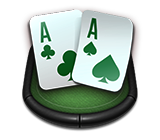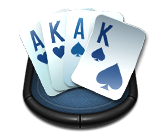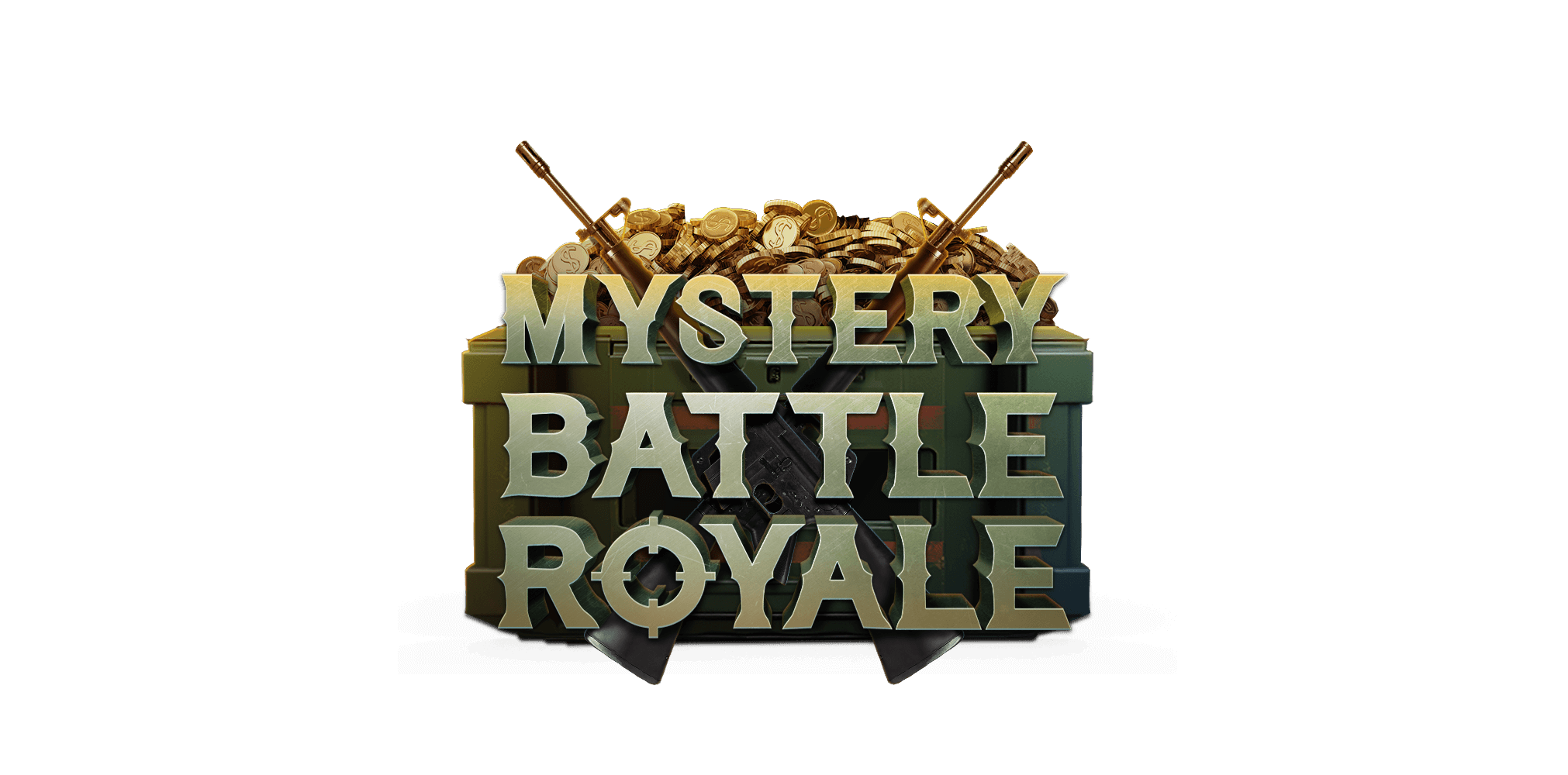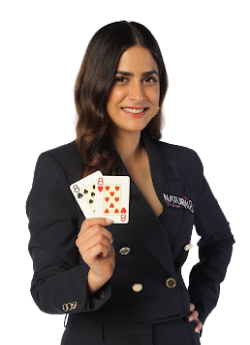
Stepping into your first live poker tournament can be both thrilling and intimidating. Right? The chips are stacked, the cards are shuffled, and every seat is filled with ambition. Whether you're transitioning from online poker in India or taking your very first shot at the live felt, preparation and mindset will be your greatest assets.
While the rules stay the same, live poker adds layers of pressure, body language, table presence, and emotional control matter as much as skill. Many newcomers struggle not with poker terms, but with unpredictable opponents.
The Unexpected Challenge: Playing Against Beginners
Ironically, the most challenging players in your first few tournaments may not be the seasoned regulars, but the newcomers —those who play with instinct over logic and often refuse to fold. Many experienced players underestimate the chaos that beginners bring to the table. You might hear yourself thinking,
“Why did they call that a bet?” or “That move doesn’t make sense.”
However, therein lies the danger of applying advanced logic to players who don’t yet follow those patterns. Success lies not in overpowering them with complex plays, but in adapting your strategy to exploit their simplicity.
Four Core Strategies to Excel in Your First Tournament
Strategy No. 1: Embrace Simplicity, but Stay Sharp
Play solid, value-based poker. Avoid unnecessary bluffs and instead aim to extract maximum value from strong hands. Beginners love to chase; allow them to do so while you stay one step ahead.
Strategy No. 2: Learn to Read Passive Aggression
If a generally quiet or passive player suddenly bets big or raises, it’s often a clear sign of a firm hand. Don't ignore these red flags in favour of theoretical lines. In poker, many newer players aren’t bluffing; they're announcing their hand with bold moves.
Strategy No. 3: Capitalise on Strong Hands Immediately
Don’t slow play. When you have a big hand, bet confidently. Many inexperienced players will pay you off simply because they cannot fold a pair or a draw. This is not the time to get clever; it’s the time to collect chips.
Strategy No. 4: Stay Mentally Grounded
Losing a big pot, especially to an unexpected hand, can rattle even experienced players. The key difference between a successful player and a frustrated one lies in emotional control. Prepare yourself to witness unusual plays, and be aware that variance is an inherent part of the game.
The Psychology of New Players
Understanding the mindset is crucial. Many beginners are not interested in theory; they want entertainment, action, or validation. Bluffing and folding don’t align with that goal. Instead, they often stick with hands they “feel good” about. Knowing this helps you adjust. Play more hands in position, choose value over trickery, and watch for signs when they finally hit a hand they’re proud of.
Note: Also, never underestimate the emotional component. Losing to a beginner can feel personal, but it isn’t. Stay professional. Your focus must remain on your game, not your ego.
Final Thought: Respect the Game, Respect the Players
Before entering a live tournament, sharpen your skills on online poker platforms in India, such as Natural8 India. It’s a trusted environment where you can build your confidence, learn pacing, and experiment with strategies without the distractions of a live table. Everyone starts somewhere. That unpredictable beginner across from you may be living their poker dream. Treat each hand with respect, each player with fairness, and every decision with clarity. That’s the mark of a true competitor.
With practice, patience, and the proper perspective, you won’t just survive your first tournament, you’ll stand out for all the right reasons.
Frequently Asked Questions
Q1. What’s the best way to prepare for my first live tournament?
Start by playing online poker games in India on trusted sites like Natural8 India, study basic poker terms, and watch live streams to observe real-time decision-making.
Q2. Should I avoid bluffing beginners?
Generally, yes. Most new players are prone to calling bets. Focus on building pots with strong hands rather than trying to push others out with bluffs.
Q3. How do I stay calm after a bad beat?
Accept that variance is part of the game. Breathe, reframe the loss as a learning opportunity, and continue playing your strategy without letting emotions get in the way.
















